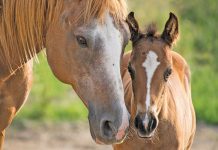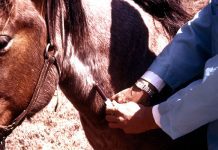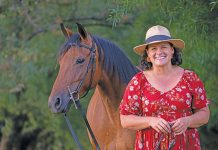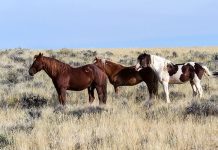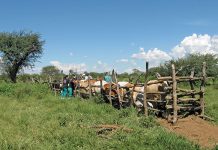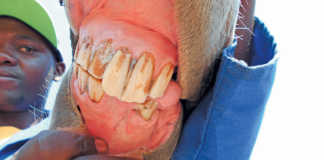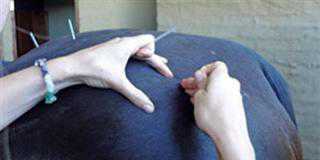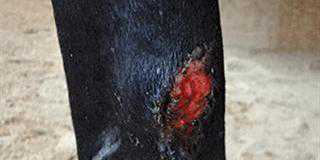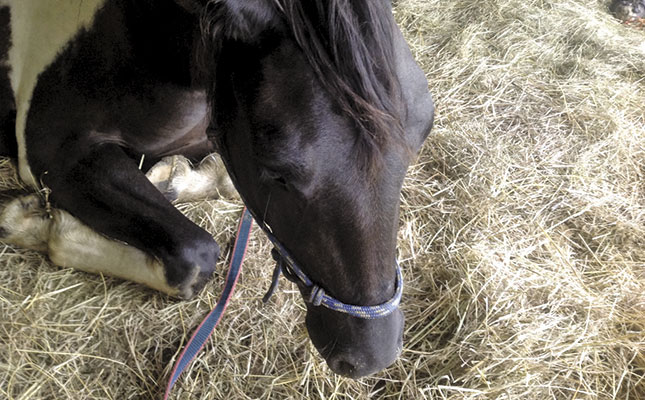
The package insert in the Onderstepoort Biological Products (OBP) African horse sickness (AHS) vaccine states that it must be given in early summer. The reason for this is that the horse needs to be immune before the midges start flying. According to the Animal Diseases Act, all equines, except those in the AHS- free zone and the AHS surveillance zone in the Western Cape, must be vaccinated for the first time between the ages of six and 12 months, re-vaccinated between 12 and 18 months, and then annually.
Recently, however, an outbreak of AHS in Porterville in the Western Cape was found to be due to the vaccine strain being transmitted by midges. In other words, the horses were vaccinated too late. If midges carry the live attenuated strain from vaccinated horses to other horses, the dose can become high enough to cause clinical AHS.
On 26 March, the department of agriculture’s Directorate of Animal Health sent a notice to all stakeholders. Although classified as ‘Confidential’, the notice has been widely circulated on the Internet and can be accessed using a Google search. It states that it was decided to enforce vaccination between June and October in the AHS-free and surveillance and protection zones in the Western Cape.
The same time period will be recommended, but not enforced, elsewhere in South Africa. Even within the specified zones, the ruling allows for horse owners to make a written request for permission to vaccinate outside of this window.
How it affects owners
The breeding season for horses in the southern hemisphere is usually between August and April, with most foals being born over December and January. These can be legally vaccinated at six months of age in June, but can still be vaccinated after weaning at eight months.
If, however, breeding takes place between August and October, foals born in September cannot be vaccinated until June of the following year, when they are nine months old. These foals should preferably be weaned late and protected against midges between January and May.
Shows may also have to adapt to the proposed changes. But this may not be as onerous as it seems, as the interval between first and second vaccine is specified as a minimum of 21 days – longer intervals are not prohibited. When it comes to horses from AHS-free countries, it seems as if importers are already focusing on bringing in horses in the window during which the midges are not flying. This new regulation will thus not have a negative impact on imports.
A lifesaver
These recommended dates may be beneficial to horses. Many horses have been vaccinated far too late this year and have ended up contracting AHS. The only potential problem is whether the OBP, which produces the only legal AHS vaccine in South Africa, will be able to produce enough vaccine in time to meet the new deadlines.
It is strongly recommended, especially to horse owners in the Western Cape, that every effort be made to buy in AHS vaccines now, as there are some vaccines available with an expiry date of 2016. This is particularly important for those competing in the South African Schools Championships, which take place in summer, and those who compete in the core disciplines of the South African Equestrian Federation.

